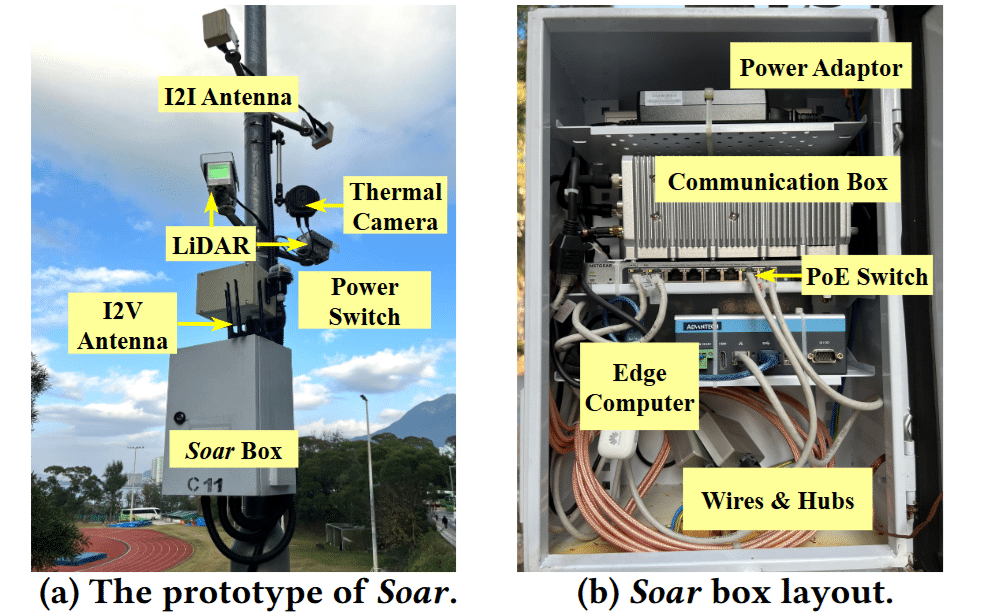This review conducts a bibliometric analysis of 431 studies from five major online databases, and provides a scoping review of 86 artificial intelligence (AI) models. Key focuses include motor activity, neurocognitive tests, eye tracking, and speech analysis.
SocialMind, the first LLM-based proactive AR social assistive system that provides users with in-situ social assistance. SocialMind employs human-like perception leveraging multi-modal sensors to extract both verbal and nonverbal cues, social factors, and implicit personas, incorporating these social cues into LLM reasoning for social suggestion generation.
SHADE-AD, a Large Language Model (LLM) framework for Synthesizing Human Activity Datasets Embedded with AD features. Leveraging both public datasets and our own collected data from 99 AD patients, SHADE-AD synthesizes human activity videos that specifically represent AD-related behaviors.
The ACM Fellow Program initiated in 1993. It recognizes the top 1% of ACM members for their outstanding accomplishments in technology and/or outstanding service to ACM and the larger computing community. In 2024, 55 members have been elected as ACM fellows for transformative contributions to computing science and technology.
Argus, a wearable add-on system based
on stripped-down (i.e., compact, lightweight, low-power, limitedcapability) mmWave radars. It is the first to achieve egocentric human mesh reconstruction in a multi-view manner. Compared with
conventional frontal-view mmWave sensing solutions, it addresses
several pain points, such as restricted sensing range, occlusion, and
the multipath effect caused by surroundings.
The ACM Fellow Program initiated in 1993. It recognizes the top 1% of ACM members for their outstanding accomplishments in technology and/or outstanding service to ACM and the larger computing community. In 2024, 55 members have been elected as ACM fellows for transformative contributions to computing science and technology.
The core concept of αLiDAR is to expand the operational freedom of a LiDAR sensor through the incorporation of a controllable, active rotational mechanism. This modification allows the sensor to scan previously inaccessible blind spots and focus on specific areas of interest in an adaptive manner.
Soar, the first end-to-end SRI system specifically designed to support autonomous driving systems. Soar consists of both software and hardware components carefully designed to overcome various system and physical challenges.









